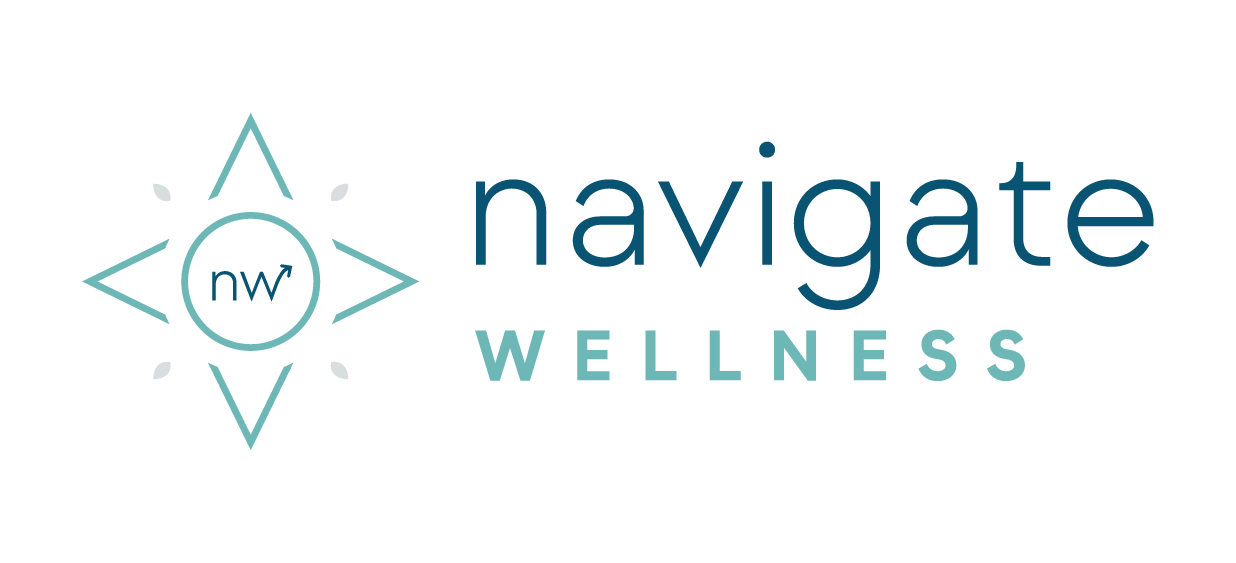Making sure your aging loved ones are taken care of is always top of mind. But knowing how to set up and create a comprehensive senior care plan can quickly become overwhelming.
In this guide we’ll walk you through the steps of crafting a successful care management plan that takes into account the unique needs of your aging loved one.
What Is a Senior Care Plan?
A senior care plan, or care management plan, is a personalized strategy designed to meet the specific needs of an elderly person. Depending on your loved one’s needs, you might focus on creating a medication management care plan, a care plan for wound management or a plan to manage a chronic illness.
Often, however, as family caregivers, we need to learn how to make a care plan for the elderly that addresses all aspects of their health, day-to-day lives and overall well-being.
Key Aspects of a Senior Care Plan
A senior care plan typically addresses medical care, such as managing medications and regular doctor visits, while also providing help with personal care tasks like bathing, dressing, and eating. Beyond physical needs, a successful care management plan may also include plans for social and emotional support and financial and legal aspects.
Here are some of the main factors to consider when creating a care management plan for seniors:
- Medical Care: Managing medications, scheduling doctor visits, and monitoring health conditions.
- Personal Care: Assistance with activities of daily living (ADLs), such as bathing, dressing, eating, and mobility.
- Nutrition: Ensuring the senior receives balanced meals that meet dietary needs and restrictions.
- Safety Measures: Modifications in the home or living space to prevent accidents, such as fall prevention.
- Social and Emotional Support: Opportunities for social interaction, hobbies, and mental health care.
- Financial and Legal Concerns: Planning for long-term care costs, estate planning, and legal directives like powers of attorney or living wills.
- Living Arrangements: Determining whether the senior will live at home, in assisted living, or a nursing facility – and how this might change over time.
5 Benefits of Senior Care Planning
Creating a care management plan provides a key piece of mind for family caregivers and can also have a significant impact on the health of your loved one.
Some of the biggest benefits of senior care planning include:
- Improved Quality of Life: A personalized care plan addresses health, emotional, and social needs, enhancing overall well-being and comfort.
- Prevention of Health Decline: Regular medical care, medication management, and proper nutrition help prevent worsening of chronic conditions and other health issues.
- Better Safety: Implementing safety measures at home or in a care facility reduces the risk of accidents, such as falls, ensuring a safer living environment.
- More Emotional Support and Social Engagement: Structured opportunities for social interaction and emotional support help seniors avoid isolation and maintain mental well-being.
- Peace of Mind for Family Members: Family members can feel confident knowing that their loved one’s needs are being met through a comprehensive and organized plan.
How to Create a Care Plan for the Elderly
Now that you kn0w what a senior care plan is and what should be included in a successful care management plan, it’s time for the hard part: actually creating it.
It’s not always easy to admit that your loved one is aging. And having discussions about their future care needs can be very difficult. Use the steps below to make the process a little easier.
Assess Needs and Preferences
Assessing the needs and preferences of your loved one is one of the first things you should do when creating an effective care management plan.
By this, we mean you should take a step back and consider your loved one’s medical conditions, physical limitations, emotional wellbeing, and social engagement. Don’t forget to ask your loved one about their own preferences and goals.
By taking a holistic approach, you can create a foundation for the rest of your care management plan. Asking and including your loved one’s preferences in goal setting will save you time in the long run. Goals that are not centered in their desires and needs will not be prioritized and will leave you feeling like your time has been wasted.
Establish Clear Goals
It’s important to establish what you and your loved one consider as being a ‘successful’ care management plan. Do your best to make your goals achievable, realistic, and focused on helping your loved one remain independent. The more specific your goals are, the better you can serve your aging parent.
Senior care plan goals might include:
- Living independently in their home for as long as possible
- Improve mobility and fitness
- Enhance social interactions
- Ensure proper nutrition
By determining detailed, clear goals it will be a lot easier to create a senior care plan that serves your loved one and any family caregivers.
Assemble a Senior Care Team
This is also a great time to bring in any key people or family members who want to be part of your loved one’s aging.
Talk directly with family, friends or neighbors about the specific role they could play in your senior care plans. Don’t assume someone will or will not help provide care or emotional support for your loved one. Discuss expectations and determine a realistic amount of time and support each person has to give.
Don’t forget to consider healthcare providers and other elder care professionals when building a care management team. This may include your loved one’s existing doctors and specialists, but may also include senior care organizations like Meals on Wheels, concierge nurses or a care navigation coordinator.
Building or finding a team is critical to successful care management. This is where we come in! At Navigate Wellness, we’re there to be a third party support system to guide you through the ups and downs of your loved one’s aging.
Our Professional Care Navigators can bring in expertise and experience to help you navigate this time in you and your families’ life, offer insight, coordinate care, and be a support system when you need it.
How to Discuss Senior Care Planning With Your Aging Loved One
Often the hardest part of creating a successful care management plan is starting and discussing the care plan with your loved one. Admitting they need help – or will need help in the future – isn’t always easy.
You’ll want to specifically address what accepting help one day may look like for them. Often the elephant in the room is some sort of decline that has already happened or we are anticipating decline due to a diagnosis.
Even if you are being incredibly proactive, and nothing has happened and no degenerative diagnosis is present, we need to be openly discussing the eventual need for help. This means we want to talk directly about what that care will look like for your loved one.
You should ask questions that help build a person-centered plan such as:
- Are they willing to invite caregivers into their home?
- Would they be interested in employing a contractor to make their home more accessible?
- Is there a point where Senior Living would be their preference over staying at home?
- Is their goal even to stay at home or would they enjoy being in a senior living environment?
Make sure your loved one is involved in their care planning as much as they can be and that they’re on board with the goals and strategies outlined in the plan. Even the best plans can fail if the people they’re designed to help aren’t on the same page.
Elder Care Planning Resources in Columbia, MO
If you’re creating a care management plan in Columbia, MO or a surrounding town, there are dozens of resources available locally that can help.
Explore our aging resources page to learn more about the organizations, services and aging specialists that can help give your loved one the best possible quality of life.
Create Your Own Successful Care Management Plan
Creating a successful care management plan takes time, consideration, collaboration, and adaptability – all which can become quickly overwhelming. Reviewing and adjusting these goals of care frequently is important to creating a safe place for your loved one to age in a way that helps them achieve their goals.
Navigate Wellness co-owner, Janie Bailey, uses the phrase “assess without assessing.” We need to remain mindful of changes, particularly noticeable decline, but we don’t always need to be formally sitting down, asking questions, and updating a formal plan of care document.
Keep in mind, one part of a successful care management plan is creating one that supports your aging loved one and brings peace of mind to you and your family.
Often we hear when consulting with adult children, “I feel guilty saying this, but that won’t work for ME.” You are a big part of this plan and a plan that feels unattainable or overwhelming to you, is not going to work.
Being realistic about who is involved in the plan, what role they are filling, and how much time commitment is realistic, is an important piece of the puzzle.
When you need that extra support in your loved one’s wellness journey, we can support you. Let’s talk through your current situation, and what you hope to help your loved one achieve.
Contact Navigate Wellness today to get started.




